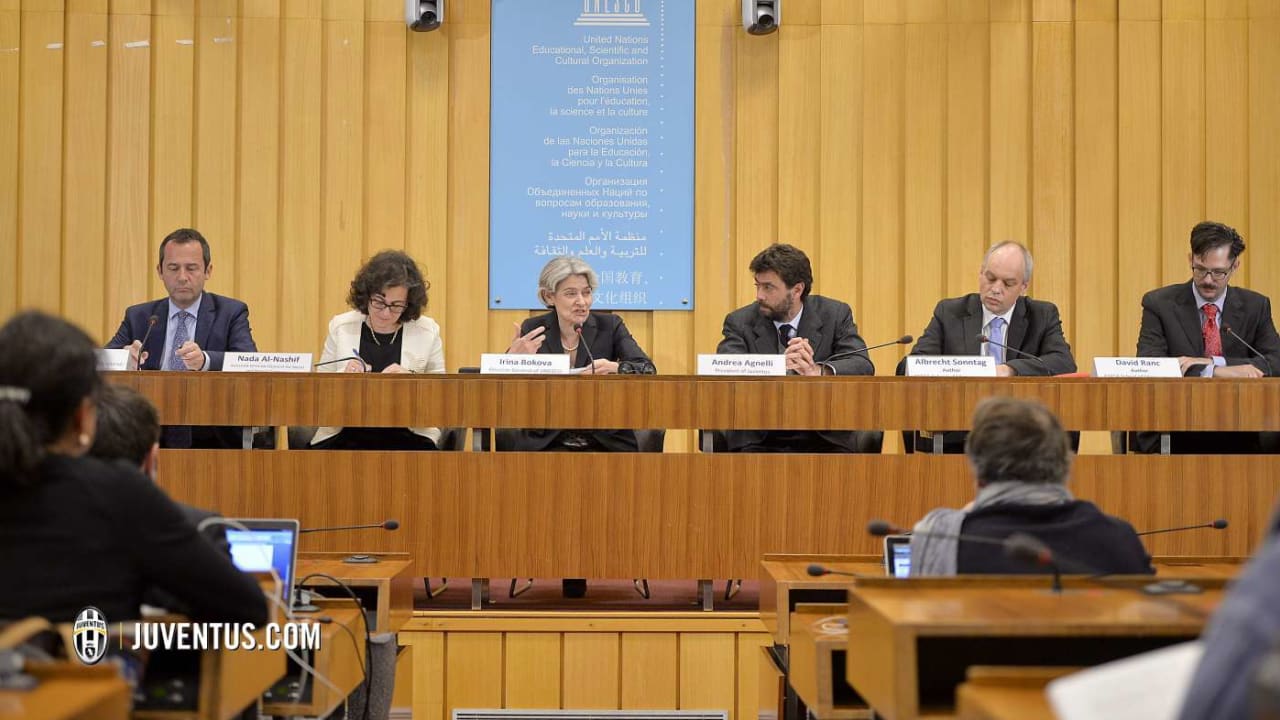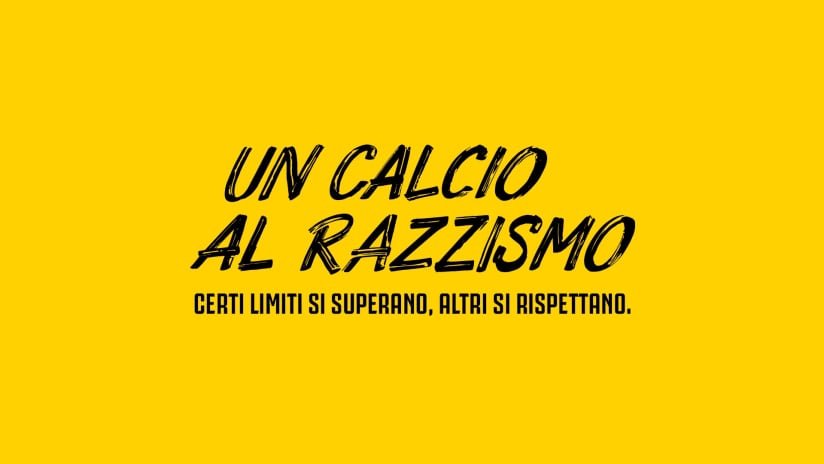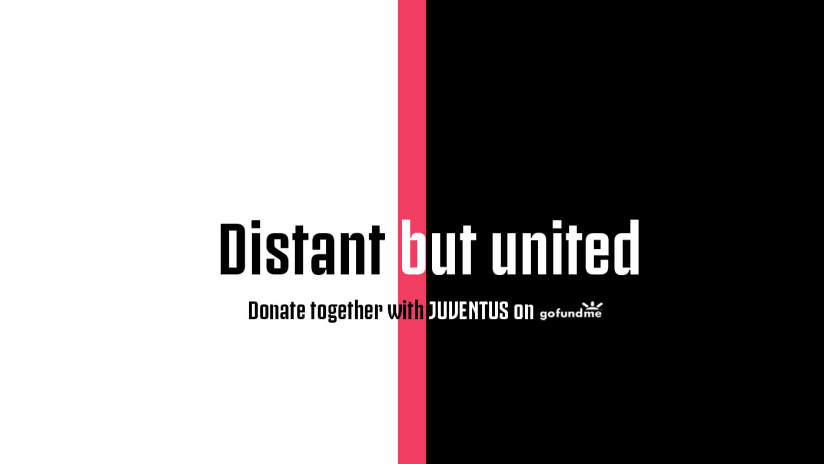27 November 2015
Juventus and UNESCO this afternoon unveiled the first ever report on racism and discrimination in international football.
The pioneering 84-page dossier, funded exclusively by Juventus and entitled “Colour? What Colour?”, highlights the negative impacts that social prejudice can have on the game and offers tangible solutions for its eradication.
On the day that the club reaffirmed its commitment to working alongside UNESCO by extending the partnership for the next two years, UNESCO’s Assistant Director for External Relations and Public Information, Eric Falt, opened the press conference by emphasising the report’s potential to make a genuine difference in breaking down barriers.

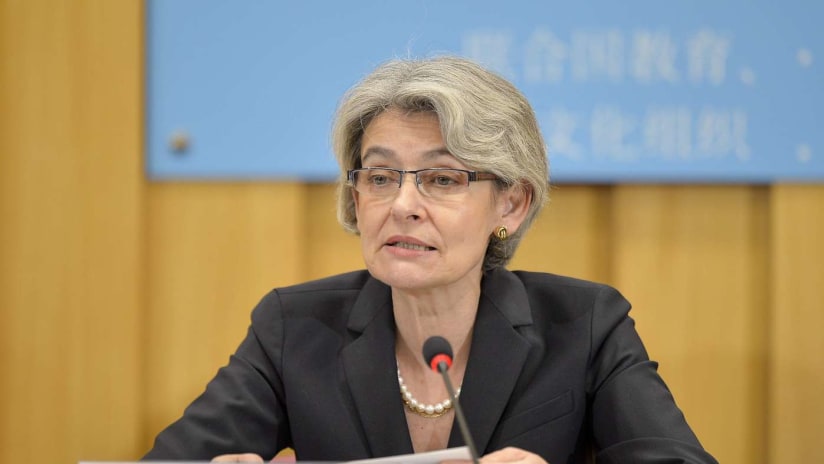
Speaking at UNESCO’s Paris headquarters, he began: “The report is proof of football’s power for social inclusion and integration and provides recommendations for action that can be easily taken. We are very proud of our work with football clubs, as they enable us to reach out to audiences we wouldn’t normally be able to as an inter-governmental organisation.”
This notion of the beautiful game’s ability to connect with and influence the masses was developed further by UNESCO Director-General Irina Bokova, who went on to outline the fundamental social values that the sport has to offer.
“Football is played, watched and loved by men and women across the world and is much more than a sport. It embodies the best of humanity and has the unique power to bring people together, creating respect and tolerance in the process.
“Unfortunately we have witnessed episodes of discrimination and intolerance, both at international matches and on local playing fields. This is simply unacceptable. Fighting racism and discrimination has been at the heart of UNESCO’s mandate for 70 years.
“We believe football carries benefits far beyond the grounds of stadia. It is the world’s most diverse sport, rigorously meritocratic and driven by fair play and discipline. It can be an unparalleled vehicle for social inclusion, gender equality and youth empowerment.
“Doing so requires desire and unity. This is the spirit behind the co-operation between UNESCO and Juventus, one of the most decorated clubs in the world.”

It is a synergy that Agnelli says Juventus is proud to be part of and he wants other sporting entities to take the report’s findings on board and act accordingly.
He said: “It is evidently a honour to be here today to present this report. It discusses the issue of racism in football a very thorough way. Something we really should be proud of is that doesn’t just underline an issue, it actually indicates a way forward.”
“This is the first ever report on racism and discrimination in international football and the measures to fight it. Juventus must operate as best it can to combat these social phenomena, but we can only do so much.
“Our role going forward is to maximise the distribution and awareness of this report and try to lobby other teams to ensure the findings and recommendations are implemented.”
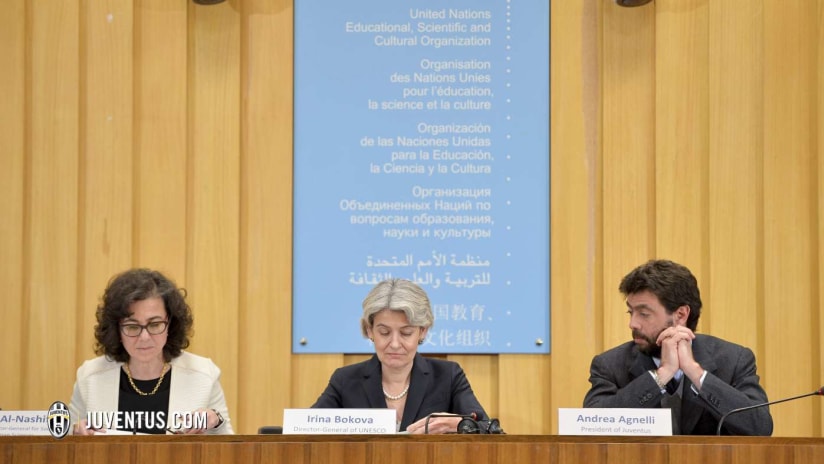
While there is clearly still plenty of work to be done before the ills of racism and discrimination are entirely eradicated from the world of sport, Agnelli believes the exposure Italy has had to immigration in recent years has enabled the nation’s mentality to change for the better.
He concluded: “Italy has improved a great deal in terms of its attitude towards integration. The arrival of migrants has allowed the country to understand and embrace different cultures. It’s a tremendous step forward.”
The full “Colour? What Colour?” report can be downloaded on Juventus.com by clicking here.
Find out more about the club’s continued partnership with UNESCO by clicking here.

